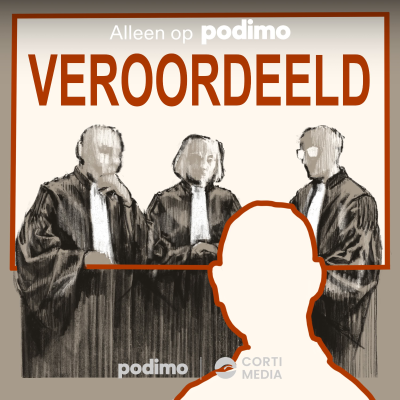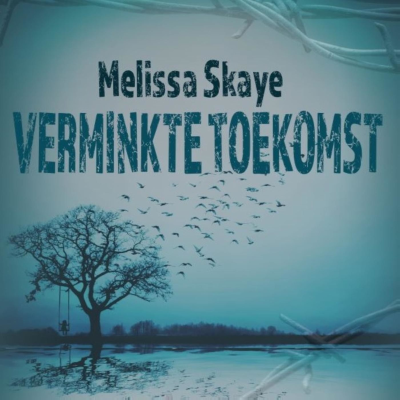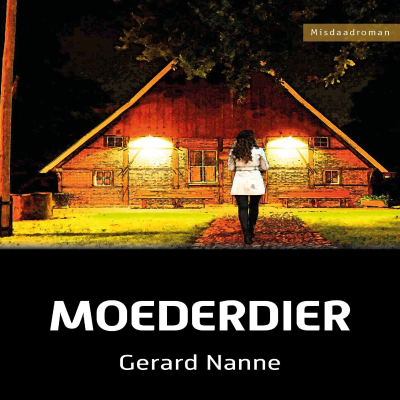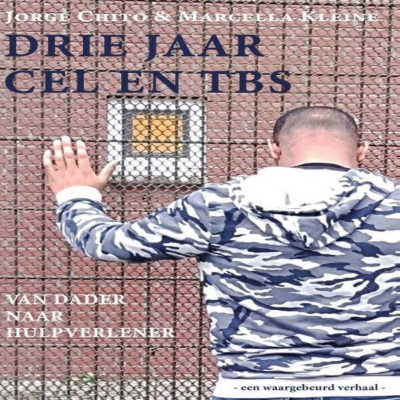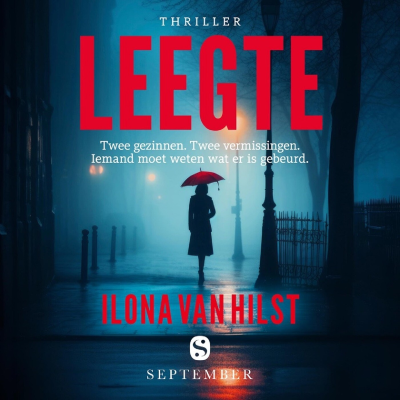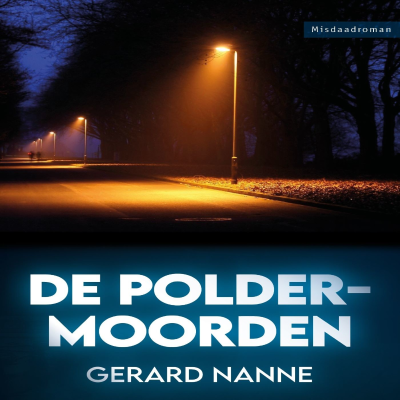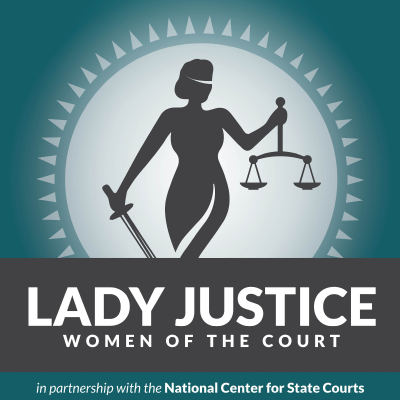
Lady Justice: Women of the Court
Engels
Nieuws & Politiek
Tijdelijke aanbieding
2 maanden voor € 1
Daarna € 9,99 / maandElk moment opzegbaar.
- 20 uur luisterboeken / maand
- Podcasts die je alleen op Podimo hoort
- Gratis podcasts
Over Lady Justice: Women of the Court
A podcast featuring two sitting women state Supreme Court justices discussing their experiences on their state‘s highest court. Featuring Justice Rhonda Wood of Arkansas and Justice Beth Walker of West Virginia.
Alle afleveringen
42 afleveringenSeason 5, Episode 4: Civics Education and Justice Sandra Day O’Connor’s Legacy - A Tribute with Doris Huffman
In this poignant episode of Lady Justice: Women of the Court, hosts Justice Rhonda Wood and Justice Beth Walker are joined by Doris Huffman, Executive Director of the Nebraska State Bar Foundation. This episode marks the one-year anniversary of the passing of Justice Sandra Day O’Connor, the first female U.S. Supreme Court Justice, renowned for her unwavering commitment to civics education. The National Center for State Courts celebrates her legacy through the Sandra Day O’Connor Award for the Advancement of Civics Education, which the Nebraska State Bar Foundation received this year. Topics Discussed: * The crucial role of civics education and the importance of familiarizing the public with courtrooms and judicial processes. * The Foundation’s impactful programs: the Mock Trial Program, Student Reporter Program, and Bench Media Committee. * Insights into the judicial learning centers of each host’s respective state court. Tune in to discover how the Nebraska State Bar Foundation is advancing civics education and honoring Justice Sandra Day O’Connor’s remarkable legacy of promoting public understanding of the judiciary. Resources: - https://www.nebarfnd.org/ [https://www.nebarfnd.org/] - https://www.courtswv.gov/public-resources/learning-center [https://www.courtswv.gov/public-resources/learning-center] - https://arcourts.gov/administration/education/about [https://arcourts.gov/administration/education/about]
Season 5, Episode 3: Reforming Legal Education, Insights from Leaders of CLEAR
In this episode of Lady Justice: Women of the Courts, hosts Justice Rhonda Wood of Arkansas and Justice Beth Walker of West Virginia are joined by Chief Justice Gordon J. MacDonald of New Hampshire and Justice C. Shannon Bacon of New Mexico to discuss the pivotal work of the Committee on Legal Education and Admissions Reform (CLEAR). As Chair and Vice Chair of CLEAR, the justices share their efforts to drive transformative changes in legal education and attorney licensure. Key Topics Include: * CLEAR's Mission: Insights into CLEAR’s initiatives, including community listening sessions and the release of their final report in July 2025, which will shape the future of legal education. * Reforming Legal Education: Addressing the need for modernization to better serve underserved communities, including rural areas facing a shortage of legal representation. * Alternative Pathways to Licensure: Exploring innovative options for individuals to enter the legal profession without the traditional bar exam, providing flexibility for those seeking legal careers. * Supporting Rural Legal Practice: Creative strategies to attract and retain lawyers in rural areas through fellowships and support programs, tackling the growing issue of legal deserts. * NextGen Bar Exam: Shifting from rote memorization to practical, skills-based testing that prepares law graduates for real-world practice. This episode offers an in-depth look at how state supreme courts are leading efforts to ensure that legal education evolves to meet modern demands while upholding ethical and accessible legal practices. Don’t miss this conversation on the future of legal education and the essential reforms needed to protect public and professional interests. Resources: - https://www.ncsc.org/consulting-and-research/areas-of-expertise/access-to-justice/clear [https://www.ncsc.org/consulting-and-research/areas-of-expertise/access-to-justice/clear] - https://ncsc2.iad1.qualtrics.com/jfe/form/SV_3yYzzMYcwBrdQwK?_gl=1*kjpz87*_ga*MTg2MDY2Nzc3Ni4xNzIxNjU3OTc2*_ga_HB58441DGF*MTcyNDc3OTYyMy42Mi4xLjE3MjQ3ODA4NzcuMC4wLjA [https://ncsc2.iad1.qualtrics.com/jfe/form/SV_3yYzzMYcwBrdQwK?_gl=1*kjpz87*_ga*MTg2MDY2Nzc3Ni4xNzIxNjU3OTc2*_ga_HB58441DGF*MTcyNDc3OTYyMy42Mi4xLjE3MjQ3ODA4NzcuMC4wLjA]. (CLEAR Feedback Form) - https://nextgenbarexam.ncbex.org/ [https://nextgenbarexam.ncbex.org/]
Season 5, Episode 2: Judicial Ethics with David J. Sachar
In this episode of Lady Justice: Women of the Court, Justices Rhonda Wood of Arkansas and Beth Walker of West Virginia are joined by David J. Sachar, Director of the Center for Judicial Ethics at the National Center for State Courts. David shares his expertise in working with state and international judiciaries to develop policies and training programs that uphold public trust, safeguard judicial independence, and reinforce the rule of law. Topics Discussed: * The importance of judicial ethics and the role of statewide judicial ethics commissions * The work and mission of the Center for Judicial Ethics * Differences in judicial ethics processes between state and federal courts * The intersection of judicial ethics with AI and emerging technologies * Ethical guidelines and considerations for judges using social media * How judges can be disciplined and the potential consequences or sanctions This episode is a must-listen for anyone interested in judicial ethics and maintaining public confidence in our courts. Tune in to hear insights from one of the leading experts on judicial integrity. Resources: -https://www.ncsc.org/consulting-and-research/areas-of-expertise/court-leadership/center-for-judicial-ethics [https://www.ncsc.org/consulting-and-research/areas-of-expertise/court-leadership/center-for-judicial-ethics] -https://www.ncsc.org/consulting-and-research/areas-of-expertise/communications,-civics-and-disinformation/social-media-and-courts/judges [https://www.ncsc.org/consulting-and-research/areas-of-expertise/communications,-civics-and-disinformation/social-media-and-courts/judges] - https://www.ncsc.org/__data/assets/pdf_file/0010/101125/ncsc-ai-rrt-judicial-legal-ethics-may-2024.pdf [https://www.ncsc.org/__data/assets/pdf_file/0010/101125/ncsc-ai-rrt-judicial-legal-ethics-may-2024.pdf]
Season 5, Episode 1: A Life for Liberty, An Interview with Randy Barnett
In this special Constitution Day episode of Lady Justice: Women of the Court, hosts Justice Rhonda Wood of Arkansas and Justice Beth Walker of West Virginia sit down with Randy Barnett, the Patrick Hotung Professor of Constitutional Law at Georgetown University and Director of the Georgetown Center for the Constitution. Together, they dive into a thought-provoking conversation about Barnett’s latest memoir, A Life for Liberty: The Making of an American Originalist, and explore his journey from a prosecutor in Chicago to becoming a leading voice in the originalism movement. Barnett shares insights into the federal and state constitutions, the amendment processes, and his expertise on the Ninth Amendment. The discussion delves into the principles of originalism, the impact of abolitionist Lysander Spooner, and the significance of the “lost constitution.” The episode also offers a glimpse into Barnett’s forthcoming work, Felony Review: Tales of True Stories of Crime and Corruption in Chicago, drawing on his experiences as a prosecutor. Listeners will also gain valuable advice on the importance of mentorship and learn about the influential mentors who shaped Barnett’s career. This episode provides a compelling look at the intersection of law, history, and personal conviction, offering inspiration for anyone passionate about justice and liberty. Topics Discussed: * The differences between the federal Constitution and state constitutions, and their respective amendment processes * The origins and principles of originalism * Key insights into Barnett’s memoir, A Life for Liberty: The Making of an American Originalist * The role of mentorship in Barnett’s career and personal growth * Discussions on the Ninth Amendment and the concept of the “lost constitution” * Reflections on Lysander Spooner’s The Unconstitutionality of Slavery and its influence on originalism * A preview of Barnett’s upcoming book, Felony Review: Tales of True Stories of Crime and Corruption in Chicago Don’t miss this engaging conversation that blends constitutional law, history, and the personal stories of one of America’s foremost legal scholars. Tune in now! Resources: -https://www.randybarnett.com/ [https://www.randybarnett.com/] -https://www.law.georgetown.edu/faculty/randy-e-barnett/ [https://www.law.georgetown.edu/faculty/randy-e-barnett/] https://www.law.georgetown.edu/faculty/randy-e-barnett/-https://www.amazon.com/Life-Liberty-Making-American-Originalist/dp/1641773774 [https://www.amazon.com/Life-Liberty-Making-American-Originalist/dp/1641773774] https://www.amazon.com/Life-Liberty-Making-American-Originalist/dp/1641773774-https://archive.org/details/unconstitutionalit00spoo [https://archive.org/details/unconstitutionalit00spoo] -https://www.ncsc.org/education-and-careers/civics/constitution-day [https://www.ncsc.org/education-and-careers/civics/constitution-day]
Season 4, Episode 8: Artificial Intelligence, Part Two with Justin Forkner and Stacey Marz
In this insightful episode of the Lady Justice: Women of the Court podcast, hosts Justice Rhonda Wood of Arkansas and Justice Beth Walker of West Virginia explore the role of artificial intelligence (AI) in the judicial system with esteemed guests: Justin Forkner, Chief Administrative Officer of the Indiana Judicial Branch, and Stacey Marz, Administrative Director of the Alaska Court System. Together, they discuss: * The integration of AI-driven tools to aid court processes, including natural language processing systems that translate legal jargon into plain language and provide live transcripts of court proceedings, as well as tools that review legal citations in briefs. * The potential for GenAI (Generative Artificial Intelligence) to replace traditional search engines and enhance self-help resources for litigants. * Improving digital content, such as court webpages and chatbots, to enhance access to justice through search engine optimization, user-friendly design, plain language copy, and more. * Exciting innovations and updates on the horizon for the Indiana Judicial Branch and Alaska Court System. Tune in to discover more about the innovative use of AI in the judicial system and its transformative impact on court processes. Resources: -https://www.law360.com/pulse/legal-tech/articles/1833092/how-courts-can-use-generative-ai-to-help-pro-se-litigants [https://www.law360.com/pulse/legal-tech/articles/1833092/how-courts-can-use-generative-ai-to-help-pro-se-litigants] -ncsc.org/ai [https://www.ncsc.org/consulting-and-research/areas-of-expertise/technology/artificial-intelligence]
Kies je abonnement
Tijdelijke aanbieding
Premium
20 uur aan luisterboeken
Podcasts die je alleen op Podimo hoort
Gratis podcasts
Elk moment opzegbaar
2 maanden voor € 1
Daarna € 9,99 / maand
Premium Plus
Onbeperkt luisterboeken
Podcasts die je alleen op Podimo hoort
Gratis podcasts
Elk moment opzegbaar
Probeer 30 dagen gratis
Daarna € 11,99 / maand
2 maanden voor € 1. Daarna € 9,99 / maand. Elk moment opzegbaar.





















